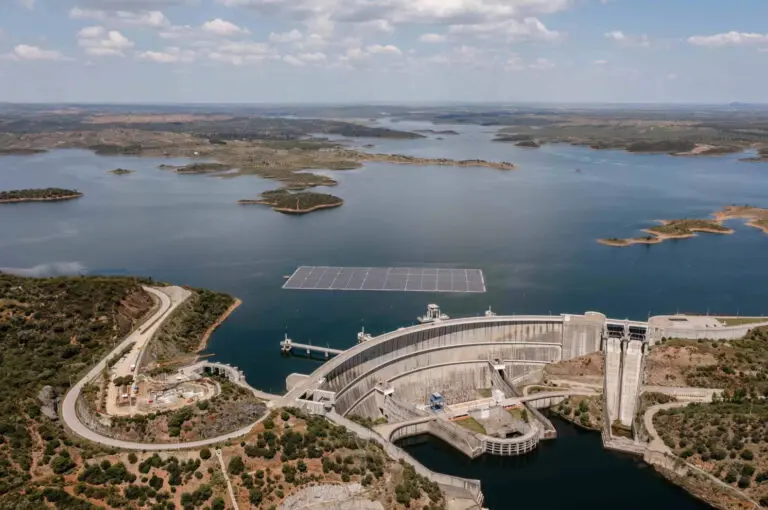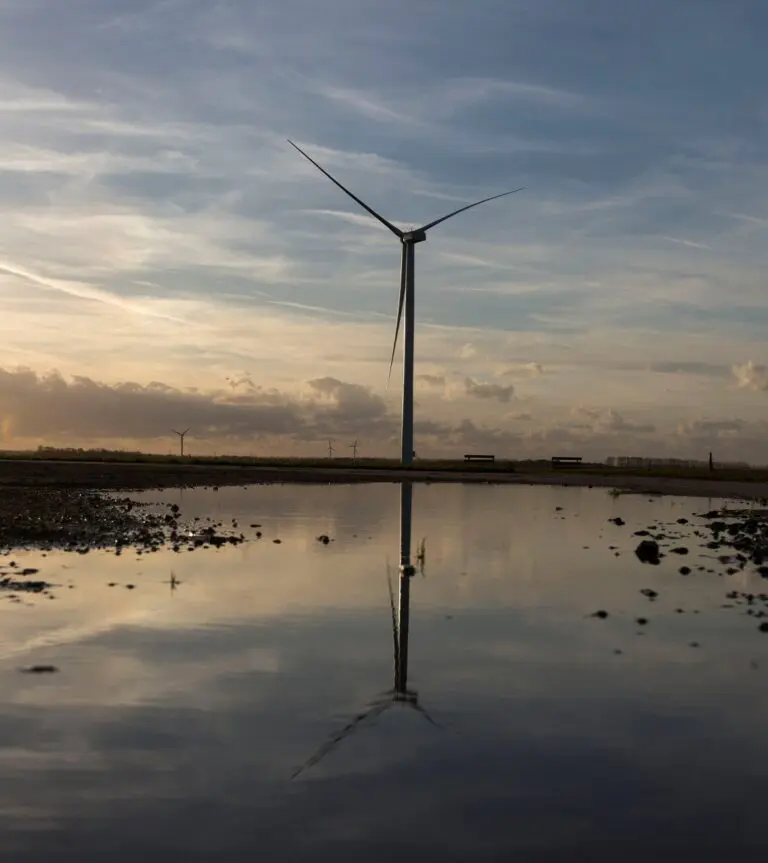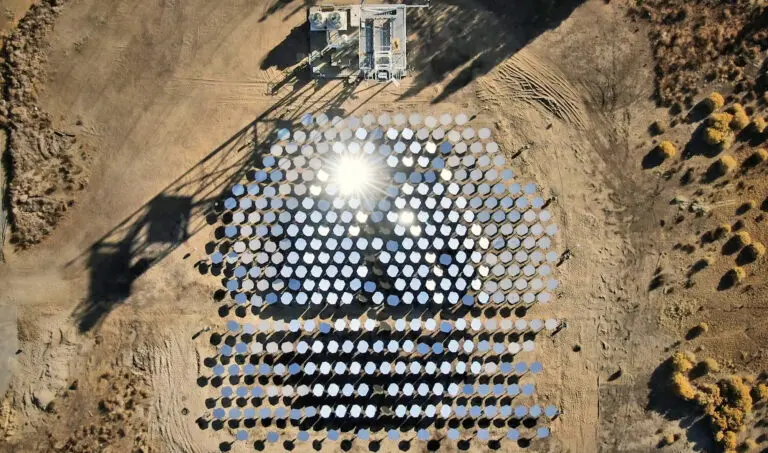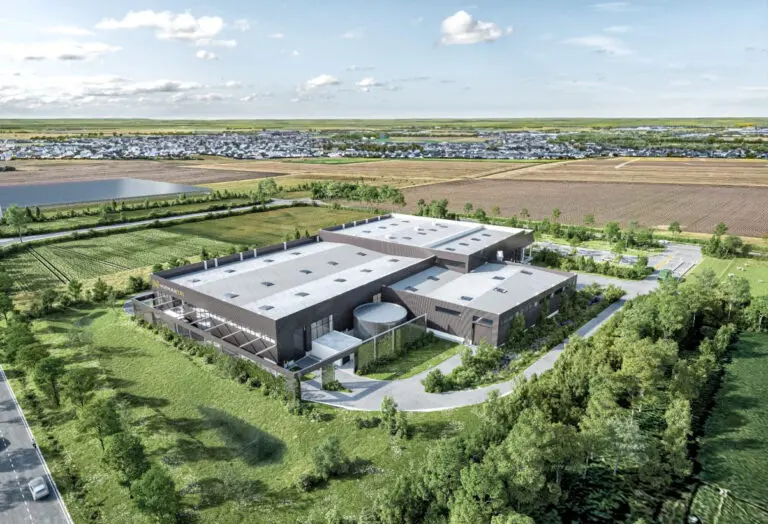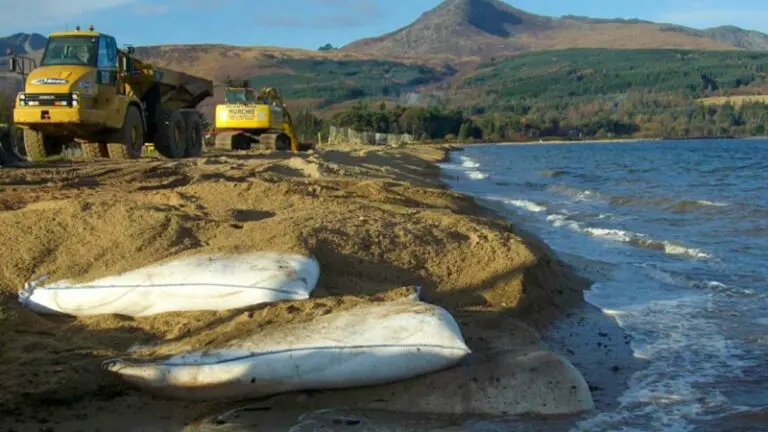Cut Red Tape on Green Investment – Tesco CEO Calls on Governments
Davos, Switzerland (PRWeb UK) January 28, 2011
Announcing the opening of two zero-carbon stores in Thailand and the Czech Republic, Sir Terry Leahy said governments needed to create the regulatory environment that will allow private companies to lead the way in bringing about economic growth that is sustainable in every sense, working to make green choices cheaper, simpler and more attractive to consumers.
“Regulation has its place in setting the right framework for [action on climate change, for example through an effective carbon price. But I believe in the power of the market and in people’s creativity to tackle major challenges. Governments can help create the right framework, but they cannot match the energy and innovation of the market.”
Sir Terry told a distinguished panel of representatives of government and industry, including Lord Stern and South Africa’s Minister of Economic Development Ebrahim Patel* that it was private companies like Tesco that will lead the way to greener economies.
“As economies develop, we need to do our best to make their growth as green as possible. We opened the first zero-carbon store in the UK last year and we’re now applying the lessons we’ve learned across the world. We’re sharing our experience with suppliers and working with them to address key challenges such as deforestation and how to control emissions from refrigeration.”
While consumers in industrialised economies are responsible for two-thirds or more of carbon emissions, this can’t be allowed to happen in emerging economies, Sir Terry added:
“The challenge is to tap into consumer power. Encourage consumers to go green, not just by saving energy but buying products with a low carbon footprint – if we can do that, then we will create a mass movement in green consumption.”
Tesco is leading by example. The ground-breaking new stores located in Bang Phra, 40km east of Bangkok and in Jaromer will help Tesco to reduce carbon emissions across its global business by 50% by 2020. Tesco aims to be a zero-carbon business by 2050.
The zero-carbon hypermarket at Jaromer will open in February next month. The store has a distinctive timber structure and roof, with wooden cladding to minimise the carbon associated with building the store.
The Bang Phra zero-carbon store, set to open in the second half of 2011 in Chonburi province, will generate renewable energy onsite from 10 wind turbines plus a solar farm with panels located on the shop roof, car park canopies and neighbouring vacant land.
Tesco’s new Leadership Academy in Jungu, Incheon, South Korea will also be a zero-carbon development and will open in July 2011.
Visuals of the zero-carbon stores and the Leadership Academy are available from the Tesco Press Office.
South Africa will host the next United Nations Convention on Climate Change in Durban from 28 November-9 December 2011. This follows the talks last year in Cancun and in Copenhagen at the end of 2009.
ENDS
For further information please call the press office on: 01992 644 645
NOTES TO EDITORS
Zero-carbon means that there are no net greenhouse gas emissions resulting from the operation of the store measured over a year. The total renewable energy generated by the store equals or exceeds the energy used by the store, and damaging HFC refrigerant gases have been replaced by a natural refrigeration system. The definition excludes emissions generated in the construction of the store, and those associated with the products sold and transportation of customers to and from the store. This is a stricter definition than anything proposed by Government.
Tesco opened the world’s first zero-carbon store in Ramsey, UK, in February 2011.
Key features of the Jaromer store include:
Measures to reduce energy use including dimmable lighting and sky lights to make better use of natural light and increased insulation of roof and walls to reduce energy used to heat and cool the store.
Use of natural refrigeration – pioneering technology which uses special gases which do not add to global warming unlike traditional fridge gases.
Generation of renewable energy onsite by the Combined Cooling, Heating and Power (CCHP) plant which uses rapeseed oil to produce energy, and the use of photothermic solar panels to produce heat.
Key features of the Bang Phra store include:
Measures to reduce energy use such as energy efficient LED lighting and better use of natural light
Use of natural refrigeration which does not add to global warming unlike traditional fridge gases.
Generation of renewable energy onsite by a biogas plant which generates energy from waste leftover from food preparation in the store, 10 wind turbines and a 100kW solar farm with panels on the shop roof, car park canopies and neighbouring vacant land.
Key features of the Jungu Leadership Academy include:
Building Management Systems – computer software which provides real time visibility of energy use and helps with identifying opportunities for reduction.
Better natural ventilation.
Electric car charging points.
Rainwater harvesting.
Food waste re-treatment.
Green roofing
Cool tubes to remove excess heat produced by lighting.
Solar panels to produce electricity and hot water
Tesco Corporate & Legal Affairs, New Tesco House, Delamare Road, Cheshunt, Herts, EN8 9SL
Telephone: 01992 644645 Fax: 01992 644525 http://www.tesco.com/corporate
# # #
Attachments
![]() ©Copyright 1997-
©Copyright 1997-
, Vocus PRW Holdings, LLC.
Vocus, PRWeb, and Publicity Wire are trademarks or registered trademarks of Vocus, Inc. or Vocus PRW Holdings, LLC.


